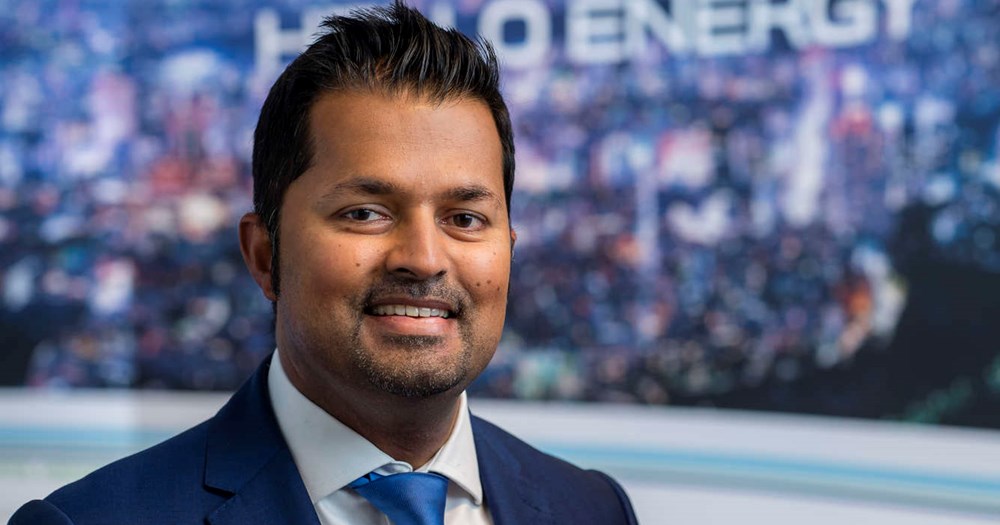Urgent moves to bring forward the construction of “energy islands” – giant new offshore renewable energy conversion and transmission plants – are being supported by a major new safety advisory and assurance study.
DNV, the independent energy expert and assurance provider, is supporting Elia Transmission Belgium as the construction tender for the project, which will receive renewable energy generated offshore, convert it to consumable power and deliver it to Europe opens. Completion of the island is expected mid-2026. From 2026-2027, Elia will start the construction of the electrical infrastructure to connect offshore wind and allow for DC interconnectors.
Denmark recently expedited projects planned for its waters, originally expected to be operational in 2030, further accelerating the decarbonization of energy delivery across the continent while securing domestic electricity supply to reduce dependence on imports from Russia.
Covering an area the size of 10 football fields, some 45km off the coast of Belgium, this energy island can handle enough power to supply 3.5 million homes, and will be connected to the European mainland, the UK and the future Danish North Sea energy island, enabling the distribution of decarbonized energy wherever needed across Europe. This project aims to be an important building block for a European offshore energy grid.
DNV from the Danish office is undertaking independent assessment of the island’s design, providing Elia with guidance on any improvements required to minimize risk throughout its construction and operation through a combination of workshops and continuous assurance reviews.
Prajeev Rasiah, Executive Vice President for Energy Systems, Northern Europe at DNV said: “With this project, offshore wind is entering a new era. Connecting offshore wind farms to transmission hubs such as artificial energy islands will improve electricity flows across Europe and enable the development of large-scale, cost-effective, and sustainable wind production and transmission at sea.
“Using our extensive global offshore experience, we are working to de-risk the project and support the business case for the project with internal and external stakeholders to Elia, including the authorities in Belgium. Key areas of focus are North Sea conditions, environment, geotechnical and hydrodynamic considerations, concrete/steel structure evaluation, marine warranty, electrical power systems and interoperability.
“Thanks to this project, Belgium and wider Europe will have direct access to a large volume of the renewable energy needed to decarbonize its energy-intensive industry, reducing climate impact and providing locally generated renewable energy alternatives to imported fossil fuels.”
Elia’s energy island, which will handle up to 3.5 gigawatts of offshore wind power, will have a seabed footprint of a maximum of 25 hectares and at the surface around 7 hectares in waters about 18 meters deep.
It will collect high-voltage AC power electrons from wind farms, transform it partly to 220kv and to DC electricity and then export it to the mainland of Belgium and countries such as Denmark and the UK through subsea cables. It will be the first finished artificial energy island in Europe with hub and spoke facilities and is expected to be joined by other similar projects in the North Sea and Baltics.
